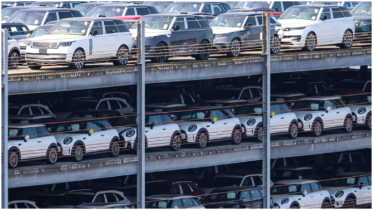Rich economies face worker shortages without immigration

The world’s leading central bankers have cautioned that advanced economies risk stalling growth and rising inflation unless they attract more foreign workers to counter the effects of ageing populations.
Speaking at the annual Jackson Hole symposium hosted by the Kansas City Federal Reserve, policymakers from Japan, the eurozone and the UK stressed that shrinking workforces could threaten both productivity and price stability in the coming decades.
Kazuo Ueda, governor of the Bank of Japan, said labour shortages are now one of Japan’s “most pressing” economic challenges. Although foreign workers make up only 3% of the country’s workforce, they have accounted for half of the recent growth in labour supply. Ueda signalled that greater reliance on immigration will require a wider national debate.
European Central Bank president Christine Lagarde echoed the warning, noting that the eurozone could lose 3.4 million working-age people by 2040 without an inflow of migrants. She highlighted that while foreign workers represented just 9% of the bloc’s labour force in 2022, they were responsible for half of its growth over the past three years. “Without this contribution, labour markets would be tighter and output weaker,” she said.
Bank of England governor Andrew Bailey said the UK faces an “acute” demographic challenge, compounded by weak productivity. By 2040, 40% of the population will be above the standard working age, he warned. The UK has also seen participation rates fall, driven by a surge in long-term sickness — particularly related to mental health — and fewer young people entering work.
Bailey noted that the BoE has shifted its focus toward measuring economic “inactivity” rather than just unemployment, given the growing number of people leaving the labour market.
Economists argue that attracting migrants will be vital for sustaining growth, even as political pressures against immigration intensify across advanced economies. Without action, central bankers warn, ageing societies could face slower output and higher inflation as widespread labour shortages push wages upward.
.png)




